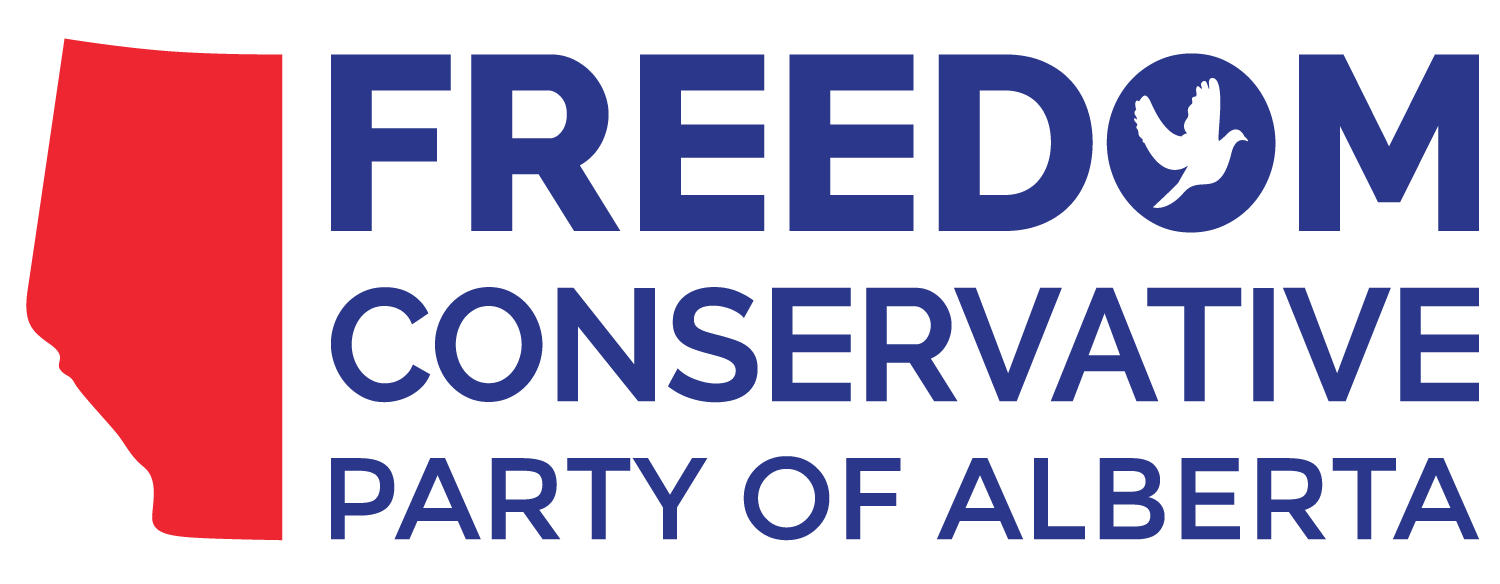Regardless of the Oct. 21 election outcome, Canadians face a reality that is far from satisfactory. Canada is a regionally polarized country and becoming more so. As acknowledged by the prime minister in his reaction to polarization: “We want to create opportunities for our neighbours as well. This is something that binds Canadians together right around the country. The fact that there is politics of fear and division that is continuing to dominate here underlies what we’re actually doing together.”
He is right but his remarks were focused on identity politics, not regionalism. As for regional polarization, his own and other parties seem more concerned about Quebec sensitivities than the West. When it comes to Quebec’s Bill 21, which is an affront to minorities, none of the leaders is proposing measures to attack it. Yet, with lost jobs and capital fleeing the West’s resource sector, we have seen little sympathy and few ideas except the Liberal commitment to build the delayed Trans Mountain pipeline so profits can be poured into renewable energy.
Polls show that a majority of Canadians support “responsible” energy development, not “no energy development.” While climate change is real and will need to be globally addressed in the coming years, cheap and reliable energy has also been important to Canadians. It is this trade-off between cheap energy and effective environmental policy that is a challenge for the world and Canada. (Canada itself is responsible for only 1.6 per cent of GHG emissions so only international action can achieve significant results to counter climate change).
Instead of looking at responsible energy development as a critical challenge for Canada, most political leaders treat the resource sector as a second-rate industry, unworthy of support even though it has been a source of low-cost energy, high incomes and taxes for Canada. The three minor party leaders are especially ready to throw the industry under the bus after demonizing the oil and gas sector at the climate-change altar.
One of these three minor party leaders may well hold the balance of power in Parliament after this election. The West should be concerned given views expressed in the English debate:
Yves-François Blanchet (Bloc Québécois): “We propose a kind of equalization that would be based without any constitution change on how provinces perform in fighting climate change. Those who are over the average pay, those who are under the average receive the money, giving a strong encouragement for everybody to reduce.”
Elizabeth May (Greens): “We’re shutting down the oilsands … by 2030.” “We must not build the Trans Mountain pipeline.”
Jagmeet Singh (NDP): “(Justin Trudeau) says he wants to fight the climate crisis and what does he do? He continues to subsidize oil and gas massively. He says he’s a climate leader. What does he do? He buys a pipeline.”
Blanchet’s proposal would be to reform equalization by requiring a payment made by provinces with higher per capita GHG emissions to those with lower GHG emissions than the national average. This would be inconsistent with the Constitution, which refers only to equalizing fiscal capacity. It is also an insult to Alberta and Saskatchewan as the only provinces that would pay such equalization to the rest of Canada.
The Bloc, of course, would also oppose an oil pipeline in Quebec even though the recent Enbridge Line 9 pipeline has brought 300,000 of new barrels of oil to Quebec refineries, much of it from Alberta. Instead, the Bloc’s real strategy is to stir the pot to encourage Alberta separation so that it would make it easier for Quebec to pursue the same.
May and Singh are clearly not in the Bloc camp to polarize Canada. However, in their desire to block Trans Mountain and future energy development, they are singing from the same hymn book as the Bloc. They provide little support to those parts of Canada that face job losses and sagging incomes as capital abandons this country for better opportunities abroad rather than face an uncompetitive environment.
The only proposal that addresses resource-sector concerns is Andrew Scheer’s energy development corridor. This proposal, similar to Australia’s regulatory system, would clear the thicket of First Nation consent and land acquisition approvals for pipelines and transmission lines to be built across provincial boundaries. Unfortunately, the proposal has been too easily dismissed as an “oil pipeline” in Quebec. Yet, the more likely projects would be electric transmission lines through Quebec and other provinces. If corridor approvals were given for highways and commercial rail traffic as well, mining, forestry and potash industries would also benefit.
So the Western resource-rich provinces look with trepidation at this year’s election. They see a likely Liberal or Conservative minority government. The NDP has already said it will not support a Conservative government, so one possible scenario is a Liberal government supported by the NDP. As part of the deal, Trans Mountain and other oil and gas developments will be blocked altogether, to the horror of the resource provinces.
Not so fast. The NDP itself, after losing its Quebec seats, may not hold the balance of power. A more likely outcome is for the Bloc to play a central role as the third-largest party with 30 to 40 seats that could support either the Conservatives or the Liberals. Neither the Conservatives nor the Liberals will want to share power with the Bloc. The Liberals may well look to work with the NDP to prevent a minority government, but it won’t survive if the Conservatives and Bloc gang up against it. A minority government may simply have to play off one party against another as in the past to maintain power with an election in one or two years.
None of this political intrigue matters though. As shown in this election, no national party seems able to pull the polarized regional parts of Canada together. National unity will be the real test for any government.
Jack M. Mintz is the President’s Fellow at the University of Calgary’s School of Public Policy.



























